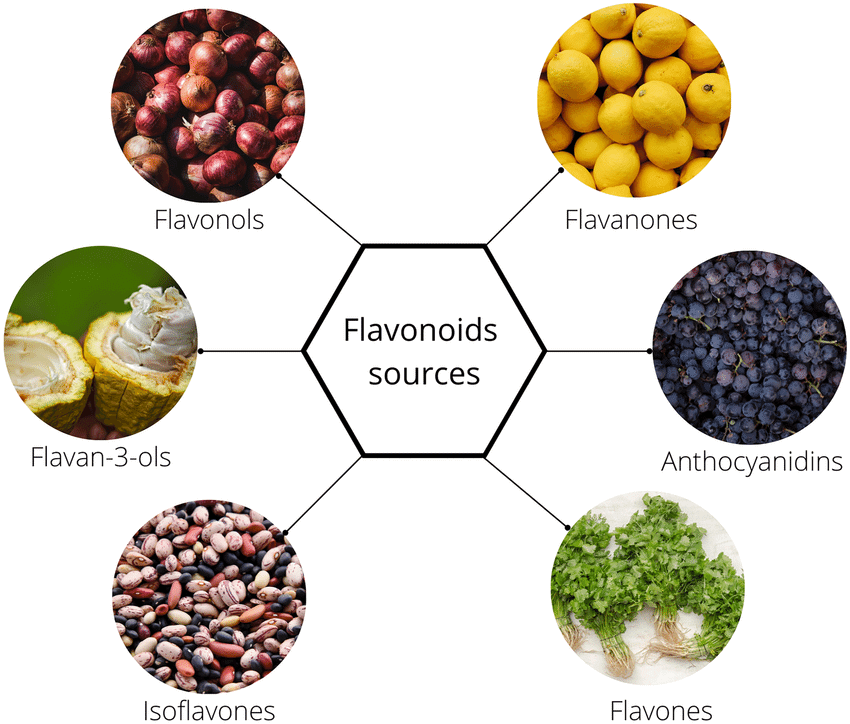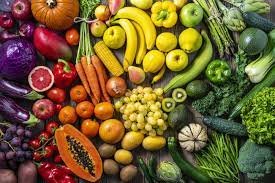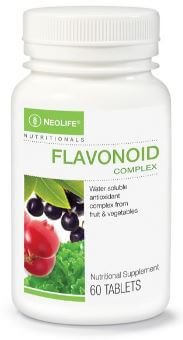Everything You Need To Know About Flavonoid Fruits
Flavonoid in fruits and veggies may help fight weight gain with age
Eating lots of fruits and vegetables rich in flavonoid molecules might help adults minimize weight gain as they age, a recent study suggests.
Flavonoids are various compounds found naturally in many fruits and vegetables. They’re also in plant products like wine, tea, and chocolate. There are six different types of flavonoids found in food, and each kind is broken down by your body in a different way.
Most plants contain different flavonoids in varying concentrations. Some scientists believe these naturally occurring compounds have antioxidant and anti-inflammatory properties that could help explain some of the health benefits associated with diets rich in fruits and vegetables.
“We found that increased intake of fruits like apples, berries and grapes was associated with less weight gain and these are high sources of some types of flavonoids,” said lead study author Monica Bertoia of Harvard T.H. Chan School of Public Health in Boston.
Not all types of flavonoids, however, were linked to reduced weight gain once researchers accounted for how much fiber people ate, Bertoia added by email.
Which foods have flavonoid?

Many plant products contain dietary flavonoids. Here are the six flavonoid subtypes, and the foods that contain them.
Flavanols
These types of flavonoids are known for their antioxidant properties. They may help manage symptoms of cardiovascular disease. Flavanols are found in these foods:
- onions
- kale
- grapes and red wine
- tea
- peaches
- berries
- tomatoes
- lettuce
- scallions
- broccoli
Flavan-3-ols
Foods with these types of flavonoids are very rich in nutrients. They include:
- white tea
- green tea
- oolong tea
- black tea
- apples
- purple and red grapes
- blueberries
- strawberries
- cocoa and chocolate products
Flavones
Flavones are the pigments in blue and white flowering plants. They also work as a natural pesticide, protecting leaves from harmful insects.
Flavones may also help with inflammation in the body. You can find them in:
- parsley
- red peppers
- celery
- chamomile
- peppermint
Flavanones
Flavanones are known for their anti-inflammatory properties. They may also help you manage your weight and cholesterol. Flavanones are found in these foods:
- lemons
- limes
- oranges
- grapefruit
Isoflavones
Isoflavones may help keep hormones balanced in your body. Iso-flavonoids are mainly in soy, soy products, and some other legumes such as fava beans.
Anthocyanins
Anthocyanins are naturally produced pigments that give flowers their red, purple, and blue color. They’re predominantly found in the outer skin of berries and berry products like:
- red and purple grapes
- red wine
- cranberries
- blueberries
- strawberries
- blackberries
What do flavonoids do?
Flavonoids help regulate cellular activity and fight off free radicals that cause oxidative stress on your body. In simpler terms, they help your body function more efficiently while protecting it against everyday toxins and stressors.
Flavonoids are also powerful antioxidant agents. Antioxidants help your body fight off potentially harmful molecules that can be introduced to the body. Your body produces antioxidants naturally, but they’re also found in dark chocolate, legumes, and many fruits and vegetables.
Inflammation is one of your body’s immune responses. Allergens, germs, toxins, and other irritants can trigger inflammation that results in uncomfortable symptoms. Flavonoids may help your body dismiss that inflammatory reaction so that those symptoms are reduced.
What do flavonoids do?
Flavonoids help regulate cellular activity and fight off free radicals that cause oxidative stress on your body. In simpler terms, they help your body function more efficiently while protecting it against everyday toxins and stressors.
Flavonoids are also powerful antioxidant agents. Antioxidants help your body fight off potentially harmful molecules that can be introduced to the body. Your body produces antioxidants naturally, but they’re also found in dark chocolate, legumes, and many fruits and vegetables.
Inflammation is one of your body’s immune responses. Allergens, germs, toxins, and other irritants can trigger inflammation that results in uncomfortable symptoms. Flavonoids may help your body dismiss that inflammatory reaction so that those symptoms are reduced.
What are the health benefits of flavonoids?
Different flavonoids can help the body in different ways. For one, including foods with flavonoids in your diet may be an effective way to help manage high blood pressure. At least five subtypes of flavonoids have a demonstrable effect on lowering high blood pressure, according to a review published in 2015.
Also, the flavonoids found in tea, coffee, and soy may help lower your risk of having a heart attack or stroke. One study published in the Journal of Translational Medicine found that people who consumed higher levels of flavonoids as part of their diet had a lower risk of experiencing a cardiovascular event. However, more research is needed to prove the cardiovascular benefits of flavonoids.
A diet high in flavonoids may also decrease your risk of type 2 diabetes. Results of a meta-analysis done in 2018 suggest that a high intake of dietary flavonoids correlates with a lower risk of type 2 diabetes. However, more research is needed to prove the efficacy of flavonoids as blood sugar regulators.
The anti-inflammatory and antioxidant effects of flavonoids have also encouraged researches to study their potential as anticancer drugs. Research has shown that certain flavonoids may help stop cancer cells from multiplying. Including foods with flavonoids and keeping a healthy diet may decrease your risk of getting certain cancers.
Still, more studies are needed to confirm whether flavonoids can be used as an effective cancer therapy.
Takeaway
Flavonoids have many health benefits and are easy to include in your diet. They have powerful antioxidant properties and can help manage symptoms of inflammation. Researchers are only starting to learn the potential of flavonoids as medicine, but it seems promising.




